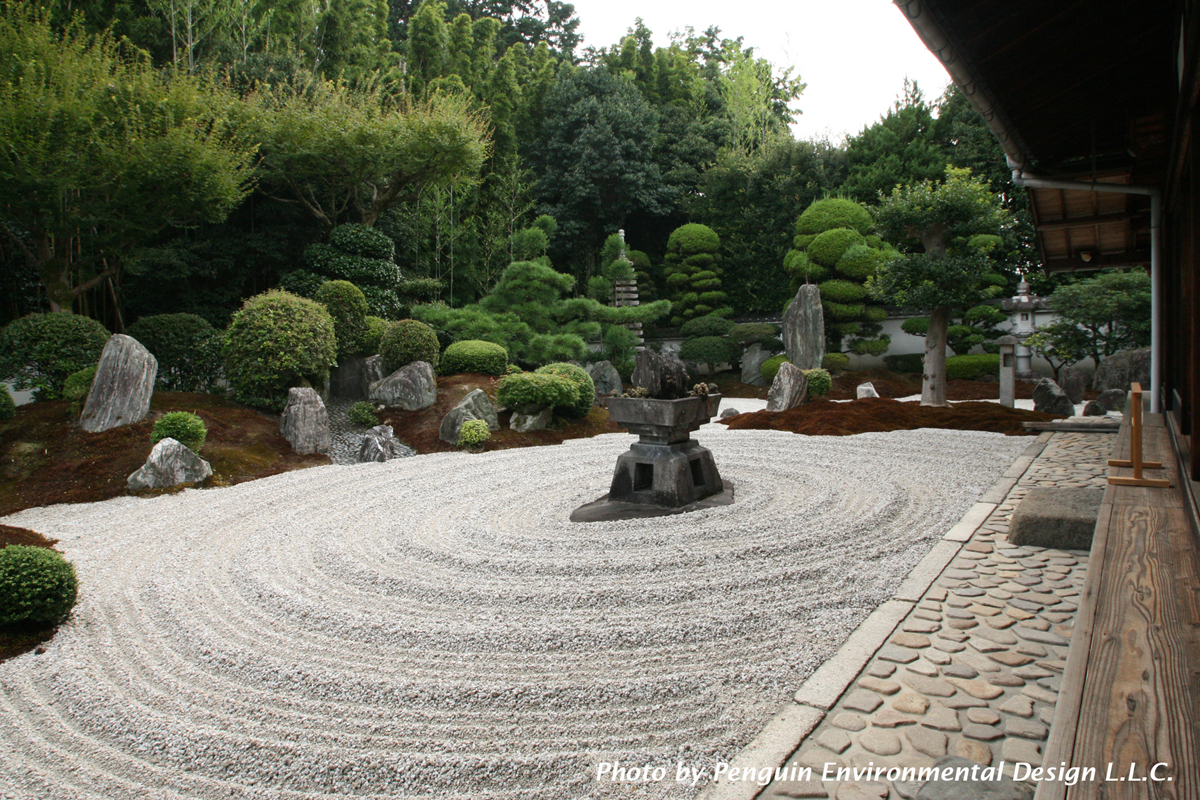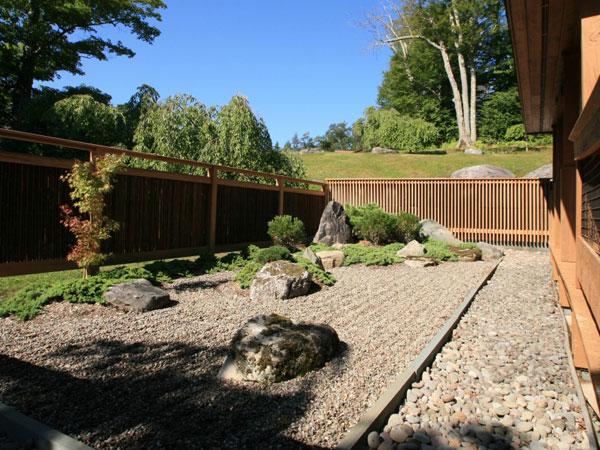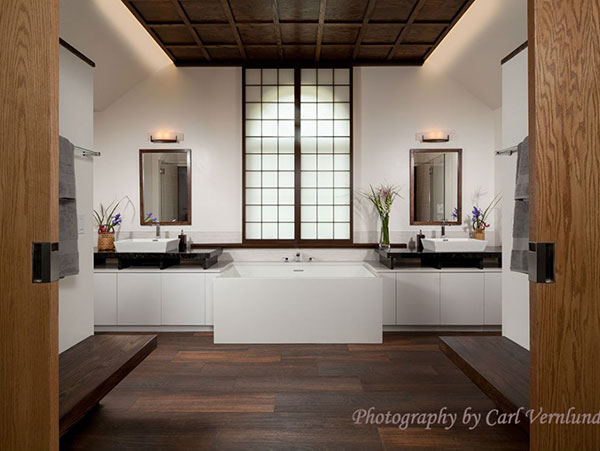For centuries, humans have sought to cultivate havens of peace and tranquility. One captivating expression of this desire is found in the Japanese garden, a design tradition where nature is meticulously arranged to create a powerful healing experience.
A Reflection of the Cosmos: Unveiling Buddhist Influences
Beyond their undeniable beauty, Japanese gardens hold a deeper significance. Historically, Buddhist cosmology has profoundly influenced Japanese culture, and its concepts are often woven into the fabric of these gardens. One such concept is the “Nine Mountains and Eight Oceans”, a belief that the world is comprised of nine concentric mountain ranges separated by eight vast oceans. At the center lies Mount Sumeru (Syumisen), believed to be the abode of Buddha himself. This central peak represents a state of enlightenment, a symbolic “heaven” for many.
A Walk-Through Eternity: The Reiun-In Garden
Take for instance the Reiun-In Garden at Tofukuji Temple. Designed by Mirei Shigemori in the 1970s, this garden is believed to be a deliberate representation of the “Nine Mountains and Eight Oceans” as depicted in historical texts like the Wakan Sansai Zue encyclopedia. Strolling through this meticulously crafted landscape, visitors can experience a microcosm of the universe, a humbling reminder of our place within the vastness of existence.
Confronting Mortality with Acceptance
The impermanence of human life is a central theme in many cultures, and Japanese gardens offer a unique perspective on death. By contemplating the vastness of the universe reflected in the garden’s design, one is encouraged to view death not as an ending, but as a return to the greater cosmic whole. Japanese gardens thus become a space for contemplating mortality with acceptance and a sense of peace.
A Sanctuary for the Soul
In today’s fast-paced world, Japanese gardens offer a much-needed refuge, a place to reconnect with nature and find solace. By understanding the deeper symbolism embedded within these gardens, we can appreciate their profound impact on our well-being. A walk through a Japanese garden becomes not just an aesthetic experience, but a journey of self-discovery and a path towards inner healing. (Reposted 07/03/2024 by T)



